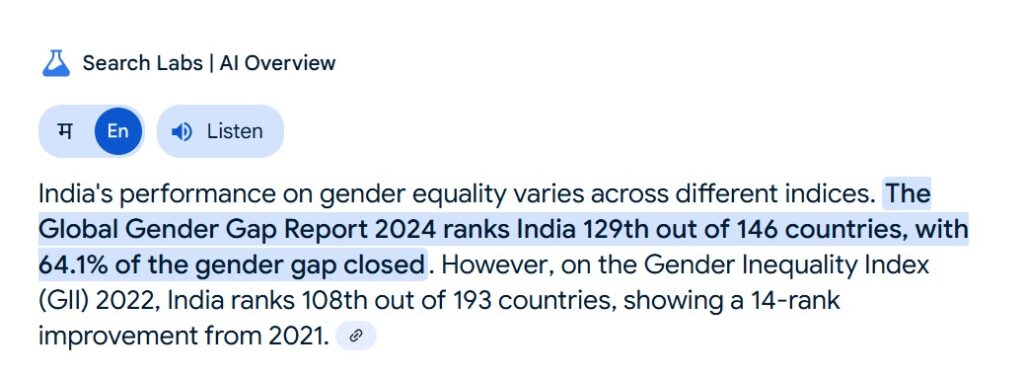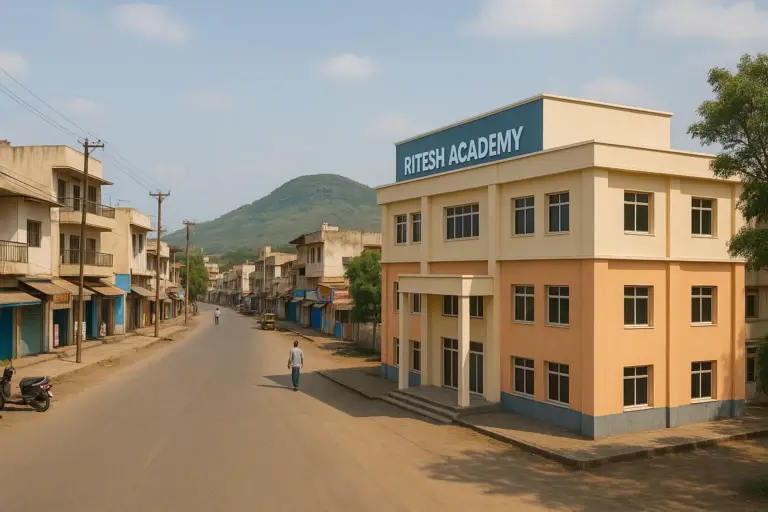Rural communities play a vital role in the social and economic fabric of every country. Yet, many of these areas face significant setbacks that hinder growth and development. Challenges like widespread unemployment, lack of quality education, and limited access to resources leave families struggling to break the cycle of poverty. This is where the work of skill-development NGOs becomes a game changer.
By providing relevant training, fostering entrepreneurship, and instilling life skills, these organizations are not only empowering individuals but also reshaping the futures of entire communities. Here, we explore the critical role skill-development NGOs play in transforming rural lives.
The Challenges Faced by Rural Communities
While rural areas are often seen as the heartlands of nations, they’re also some of the most underserved regions. Below are the key barriers to development in these communities.
1. Unemployment and Lack of Opportunities
Job opportunities in rural regions are often limited to traditional sectors like agriculture or small-scale trades. Workers often lack the skills needed to enter higher-paying professions or emerging industries.
Fact: According to reports, rural unemployment rates remain significantly higher than their urban counterparts in many countries.
2. Limited Access to Education
While city children often have access to better schools and extracurricular activities, many rural children face substandard education or drop out at a young age due to financial struggles.
3. Gender Inequality
For women and girls, rural life often comes with additional cultural and societal restrictions. Many girls are denied education and are instead expected to take on domestic responsibilities or marry early.

4. Lack of Awareness and Resources
Even when opportunities exist, rural communities often lack the information and resources to pursue them. Limited access to technology, internet connectivity, and training programs prevent families from breaking through these barriers.
The good news? NGOs focusing on skill development are addressing these challenges head-on with innovative programs tailored to the specific needs of rural communities.
How Skill-Development NGOs Are Driving Change
Skill-development NGOs are stepping up to create pathways for success, enabling individuals to build better lives through training and education. Here’s how they are making a difference.
1. Vocational Training Programs
Skill-development NGOs offer a variety of vocational courses in fields such as carpentry, tailoring, plumbing, computer skills, and more. These practical skills help individuals secure stable jobs or start their own businesses.
Example: An NGO offering computer literacy programs equips young adults with the IT skills needed to work remotely or in urban tech hubs, significantly expanding their job opportunities.
2. Entrepreneurship Development
To counter limited formal employment opportunities, many NGOs focus on entrepreneurship. Programs provide training in business fundamentals, access to microloans, and mentorship to help individuals start small businesses in their communities.
Example: Women’s entrepreneurship initiatives have empowered rural women through workshops on running home-based businesses, selling handmade crafts, and even marketing organic products.
3. Life Skills Education
Life skills are as vital as vocational expertise. NGOs foster soft skills like communication, problem-solving, teamwork, and financial literacy. These skills contribute to personal growth, alongside enhancing employability.
Empowering Change: A youth trained in financial literacy may learn how to budget effectively, save money, or even invest in education for younger siblings, furthering a ripple effect of positive change.
4. Focus on Women Empowerment
Many NGOs have placed a spotlight on creating opportunities specifically for women, breaking the cycle of gender inequality in rural areas. Women-focused programs provide skills training in areas such as tailoring, baking, and handicrafts, but also include sessions on confidence-building and leadership.
Success Story: A rural woman learns tailoring from an NGO training program, starts making school uniforms, and eventually employs other women in her village to expand her business.
Skill-development NGOs are not only empowering individuals but also creating a sense of hope and self-reliance within communities.
Real-World Examples of Successful Initiatives
Change becomes tangible when viewed through the lens of real-world success stories. Here are a few inspiring examples of how skill-development NGOs have uplifted rural communities.
- Tailoring Dreams in India: An NGO’s vocational training initiative taught over 300 rural women tailoring and embroidery skills. Many now run successful home businesses, contributing to household incomes and enjoying newfound respect in their communities.
- Tech Education in Africa: A digital literacy program introduced computer labs in rural schools, training young adults to use technology for farming innovations, e-commerce, and freelance work.
- Ritesh Academy’s Vocational Programs: Ritesh Academy has trained thousands of individuals across rural communities in skills like digital marketing and agriculture innovation. Many graduates have gone on to secure jobs or launch small businesses, creating ripple effects of economic growth in their villages.
- Kenya’s Agripreneurs: An NGO in Kenya introduced sustainable farming training, teaching farmers innovative techniques to increase crop yields while preserving natural resources. Many farmers now earn double or triple their previous incomes.
These initiatives clearly show the power of skill development to transform lives, one program at a time.
Supporting Skill-Development NGOs
The work of skill-development NGOs is essential for creating pathways out of poverty and driving sustainable change. By equipping rural populations with skills, they spark a chain reaction that benefits not just individuals, but entire communities. You, too, can play a part in this transformation.
Here are a few ways you can support these initiatives and create a meaningful impact:
- Donate Your Resources: Financial support can help NGOs scale their programs, reach more people, and create larger impacts.
- Volunteer Your Time: Share your own experience by volunteering as a trainer, mentor, or advocate.
- Spread Awareness: Use your voice to highlight the work of skill-development NGOs like Ritesh Academy in your networks.
- Collaborate as a Business: Businesses can offer internships, training resources, or funding to empower communities through NGO programs.
Together, we can uplift rural communities and change futures, one skill at a time.
Final Thoughts
Skill-development NGOs are lighting the way for a brighter future in rural regions. By tackling unemployment, fostering entrepreneurship, and empowering individuals with life-changing skills, they are reshaping the narrative for communities that were once underserved.
At Ritesh Academy, we’re committed to being a part of this transformation. With programs designed to equip individuals with real-world skills, we aim to empower rural communities to thrive economically and socially.
Call to Action: Learn more about how Ritesh Academy is making a difference in rural areas. Get involved today to create lasting change and be part of a movement that uplifts communities and transforms lives.
Together, we can build a future full of opportunities for everyone.



